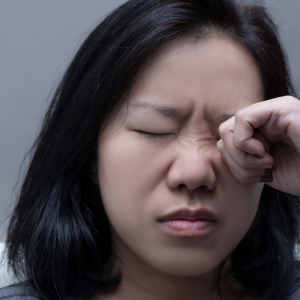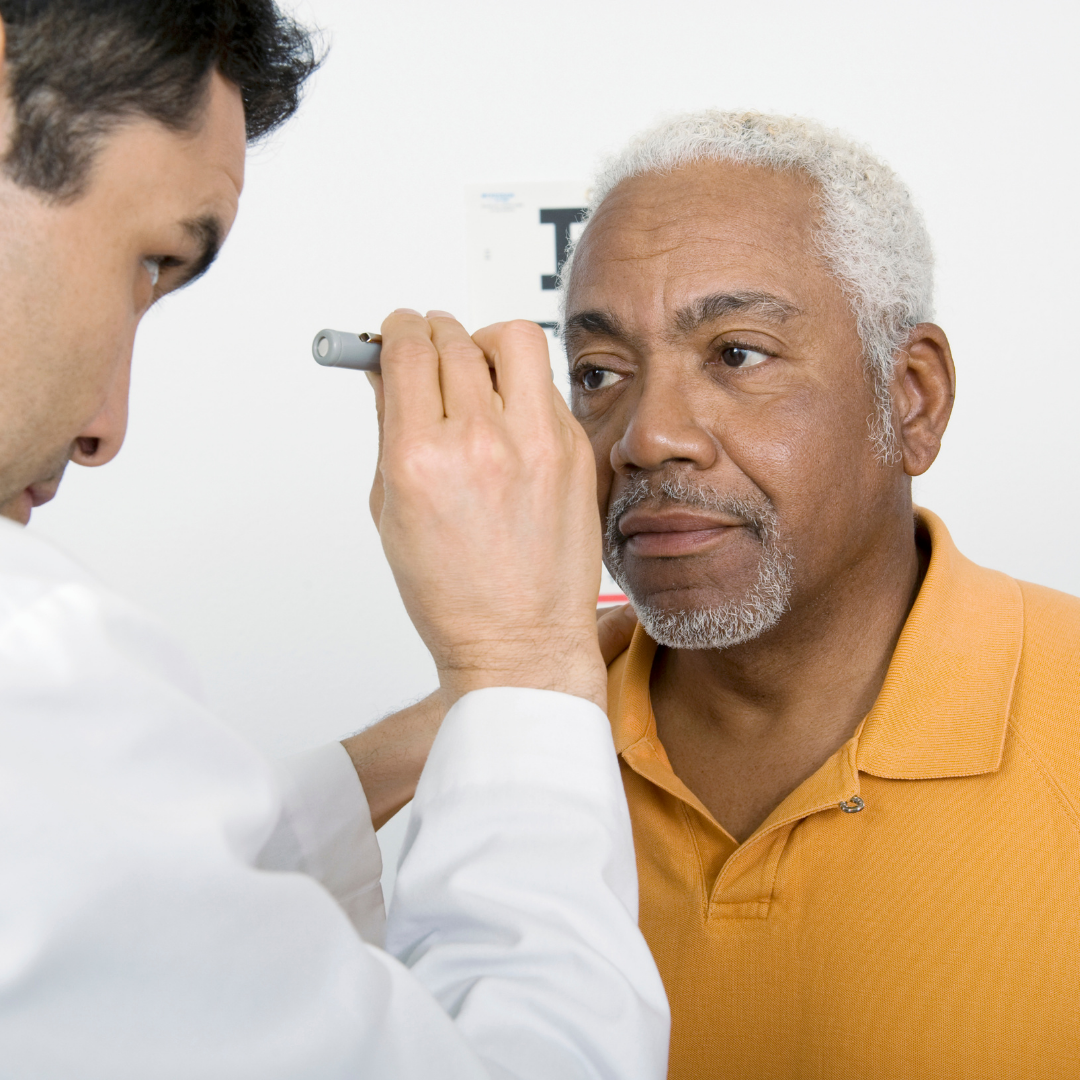Top tips from an ophthalmologist to help keep your eyes at their healthiest
October 18, 2021 Heavy screen usage. Strain from the summer sun. Even making healthy eating choices makes a difference when it comes to keep your eyes at their healthiest. Fortunately, there are easy choices everyone can make to help keep their eyes at their healthiest.
Heavy screen usage. Strain from the summer sun. Even making healthy eating choices makes a difference when it comes to keep your eyes at their healthiest. Fortunately, there are easy choices everyone can make to help keep their eyes at their healthiest.
We spoke with Dr. Jesse Dovich of Northwest Eye about at-home lifestyle changes that can help improve eye health. The following are his top tips.
Manage screen use: Reduce brightness settings and follow the 20/20 rule for screen time
Try to limit your screen time, and reduce the brightness setting, especially before bed. While it’s best to put screens away an hour before bed, at the very least, be sure to turn the brightness level all the way down an hour or two before sleeping.
“This is a general recommendation for any age to minimize brightness for the benefit of your circadian rhythm,” Dr. Dovich says. “It will ensure a better night’s sleep.”
He also recommends for every 20 minutes you are watching a screen to rest your eyes for 20 seconds.
“When you’re engaged in screens, you tend to blink less,” Dr. Dovich explains. Adding in breaks from the screen can be helpful. “This will reduce eye strain and improve moisture, limiting dry eye.”

Eye health and the sun
Though winter is quickly approaching, it’s important to remember that the sun can still damage your eyes even outside of summer. The ultraviolet rays of the sun increase your risk of eye disease any time of year.
“Remember to wear eye protection like a hat or sunglasses," Dr. Dovich says.
“You are increasing your risk of eye disease like cataracts every time you are in the sun without eye protection."
Beware when you drive
Staying aware of your full frame of vision is especially important when behind the wheel. As people age, there are common diseases that can limit vision. Cataracts and glaucoma can cause driving issues, such as increased glare or reduced field of vision.
“If you have vision limitations due to either of these, you may have difficulty driving,” Dr. Dovich says. “With sudden changes in vision, such as increasing glare or newly developed difficulty driving at dusk, it is very important to get an eye exam to screen for these issues.”
Reduce use of ceiling fans
 Those with dry eye concerns can also consider turning off overhead ceiling fans, particularly in their bedroom as they sleep.
Those with dry eye concerns can also consider turning off overhead ceiling fans, particularly in their bedroom as they sleep.
“This additional airflow can make dry eye worse,” Dr. Dovich says. “The more moisture in your eyes, the less strain you’ll experience.”
Dry eye can be aided by over-the-counter eye drops or lubricant ointments for sleeping.
“If you wake up in the morning feeling more dryness than when you went to sleep, lubricant ointments can be a great help,” Dr. Dovich says. “Warm compresses for a few minutes per day can also improve the quality of your natural tears.”
Follow a healthy diet, get plenty of exercise
You may not know that reducing consumption of fried food is not only good for your waistline, but it’s also good for your eyes. Consumption of fried food is linked to an increased risk of eye issues. In addition, talk to your health care provider about adding Omega-3 or anti-inflammatory supplements to help address eye health. ,
“Less inflammation means fewer problems. Inflammation tends to show itself in the eyeball. A lot of people don’t expect that,” Dr. Dovich says. “Getting regular exercise and drinking plenty of water is also connected to eye health, which is also something people don’t tend to think about.”
Quit smoking
Finally, if you’re a smoker, eye health is another reason to find resources to help you quit. Smoking is linked with an increased risk of macular degeneration.
“There are many reasons to quit smoking, many people don’t think first and foremost about their vision health, but smoking is tied to vision disease.”

Don’t forget your regular check up
Dr. Dovich also emphasizes that regular vision exams are very important for eye health and encourages everyone to have an annual exam. For those over the age of 60, he emphasizes that this is particularly important.
“It’s very important to have those regular checkups with your eye doctor,” he says. “And if anything is of concern, do not delay, see your eye doctor for any vision blurriness, spots, even dryness. That will ensure that you have the best opportunity for treatment before the problem becomes worse and can’t be resolved.”
Read Dr. Dovich’s outline of common eye illnesses as you age and what to expect in an eye exam.


Very good information!